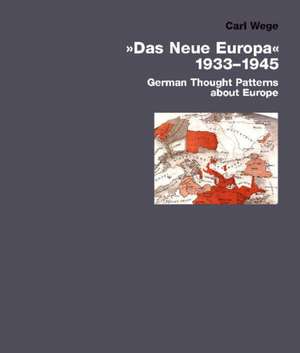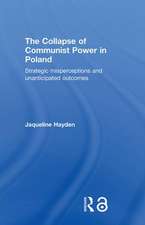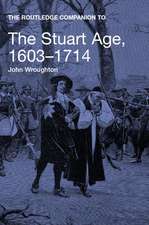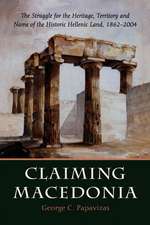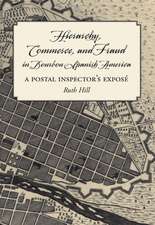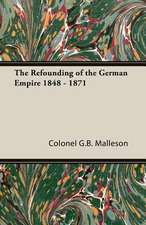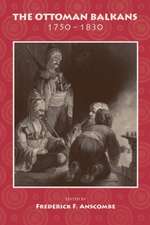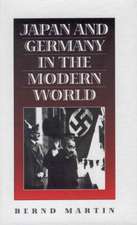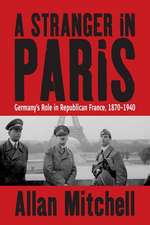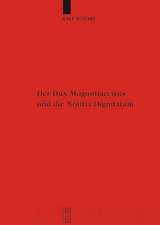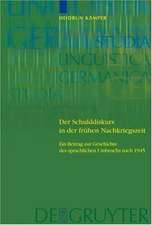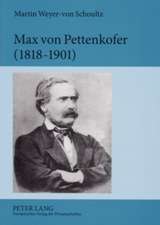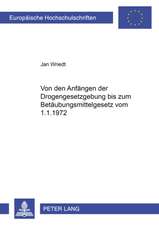Das Neue Europa 1933-1945: German Thought Patterns About Europe
Autor Carl Wegeen Limba Engleză Hardback – 10 aug 2016
Preț: 191.00 lei
Preț vechi: 218.56 lei
-13% Nou
Puncte Express: 287
Preț estimativ în valută:
36.55€ • 38.16$ • 30.18£
36.55€ • 38.16$ • 30.18£
Carte disponibilă
Livrare economică 25 martie-08 aprilie
Preluare comenzi: 021 569.72.76
Specificații
ISBN-13: 9783936681963
ISBN-10: 3936681961
Pagini: 132
Ilustrații: 14 illus
Dimensiuni: 210 x 250 x 15 mm
Greutate: 0.77 kg
Editura: Edition Axel Menges GmbH
Colecția Edition Axel Menges (D)
ISBN-10: 3936681961
Pagini: 132
Ilustrații: 14 illus
Dimensiuni: 210 x 250 x 15 mm
Greutate: 0.77 kg
Editura: Edition Axel Menges GmbH
Colecția Edition Axel Menges (D)
